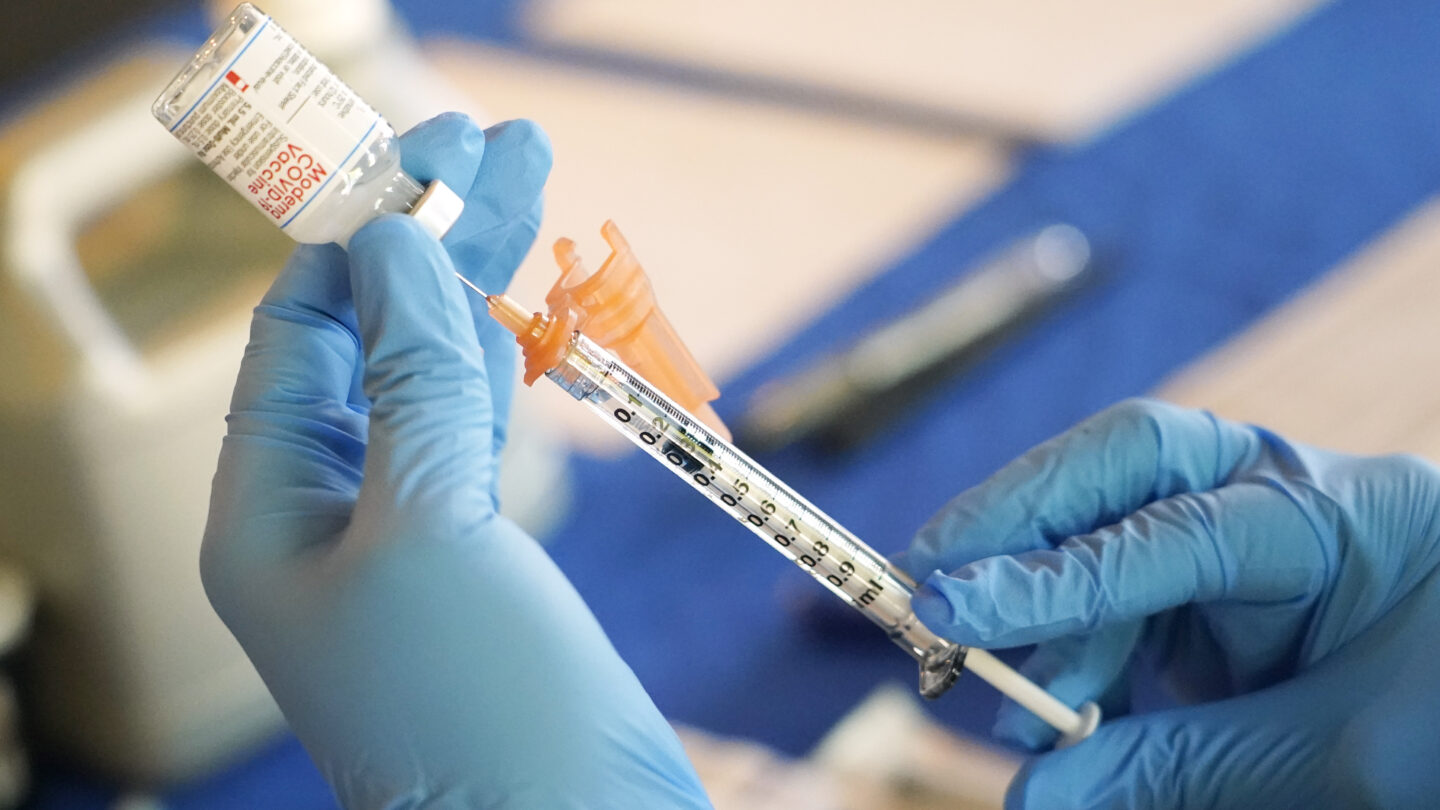Robert Lyle, a 44-year-old Woodstock resident, is a member of the Georgia COVID long-haulers Facebook group, an online community of Georgians who share resources like which physicians are taking new patients nearby and what medications help bypass their virus symptoms the longest.
Lyle is like many members of the group who have had to either significantly reduce their working hours, retire, or face termination due to the long-term toll of the virus.
“I’m not able to work anymore. I’m not able to go to the gym. Most of the time, I do have good days, but there’s a lot of times where I might be stuck at my house for two or three weeks at a time,” Lyle said.
The COVID-19 pandemic has seemingly been buried within our collective consciousness since the U.S. Department of Health and Human Services declared an end to the state of emergency earlier this year, but many Americans in their prime working years spend restless days hoping a solution to long-COVID, an invisible debility, will become clear soon.
Post-COVID symptoms can manifest a few weeks after the initial infection in some individuals and can persist for months, even years later. About 14% of adults in Georgia experienced post-COVID symptoms in the last month, the U.S. Census Bureau reports.
In many of the cases Alex Truong works on, patients report having insomnia, increased rates of anxiety and depression or worsening of baseline symptoms, said the Emory University School of Medicine assistant professor.
Long-haulers, the term used to describe people affected by prolonged cycles of brain fog, fatigue and shortness of breath, look to a number of avenues to find treatment – knowing research into a long-lasting cure is uncertain and will remain in its rudimentary phase for some time.
Lyle often thinks back on his life before he initially caught COVID in 2020. He worked as a personal trainer and a nutrition coach, but now his energy levels wane so easily that just having coffee with friends, let alone traveling long distances for doctor visits, can induce chronic fatigue for up to a week.
“I was that gym rat,” Lyle said. “I was that annoying guy on social media that was always yelling ‘you can do it!’ I had a great life – you know. Healthy, great job, social life, all that good stuff. And then I got COVID and everything goes downhill.”
“And over the last two and a half years. It’s been kind of a cycle but I have good days I have bad days. I have good weeks, I have bad weeks,” Lyle said.
Georgia Gov. Brian Kemp declared a public health state of emergency in March 2020, and researchers are still at a loss to explain why some people are unable to shake the most severe symptoms within a week or so.
“There’s a lot of theories asking whether or not it’s because you have persistent inflammation from that initial infection that just never went away,” said Truong. “There’s (also) a cluster of folks who believe that it has to do with persistent histamine production in a condition called mast cell activation syndrome.”
However, emerging research from the United Kingdom found that after adjusting for age, sex and disease severity, inflammation is likely not the underlying cause of long COVID. While this shows some progress is being made, it is only scraping the surface by filtering out the unlikely cause of the syndrome.
“Patients with severe COVID-19 were found to display a higher number of long COVID symptoms compared to mild and moderate patients,” wrote the authors of the study. “However, further analysis by the team revealed no direct association between long COVID symptoms and immune inflammatory responses.”
Associate Professor of Neurology at the Medical College of Georgia at Augusta University, Elizabeth Rutkowski, said this condition can be very disabling, and the emotional stigma for some patients compounds with the severe side effects that long COVID has on the brain.
“I think early on in the pandemic, when people were experiencing these symptoms, some of them were dismissed and told that you know, there’s a lot of social isolation, so that’s why you don’t feel as energetic or why you don’t feel as joyful as you otherwise might have,” Rutkowski said.
“But I think the more and more we learn about this, we begin to understand that the virus does infect the brain,” Rutkowski said. “It does have the potential to induce inflammation. And it’s very, very disabling for some patients. It is enough where very bright, high-functioning individuals can no longer operate or even be employed.”
Many long-haulers in Georgia are frustrated with the limited care that is available and the uphill battle that struggling with a disability can present, especially when research into the cause and lasting impact of long COVID seems to always carry a negative stigma from employers and loved ones.
“I think we’re only starting to get to a point where we can recognize post-COVID syndrome as a limitation to work and thus represents a disability that you can apply for,” Truong said. “I think there are lots of companies and lots of institutions that just don’t recognize them. And then you know, that results in a lot of our patients getting fired or having to be forced to retire early.”
“Several of our patients in our study here at the Medical College of Georgia have stated that they are on disability from their jobs.” Rutkowski said. “It’s to the point where even firing off a single email is enough to wipe them out for the entire day.”
Rutkowski and Truong say that even though the information that is available may not provide long haulers with the answers they want right now, vaccinations remain a sure fire way to prevent the spread of the infection and the risk of developing long-COVID.









